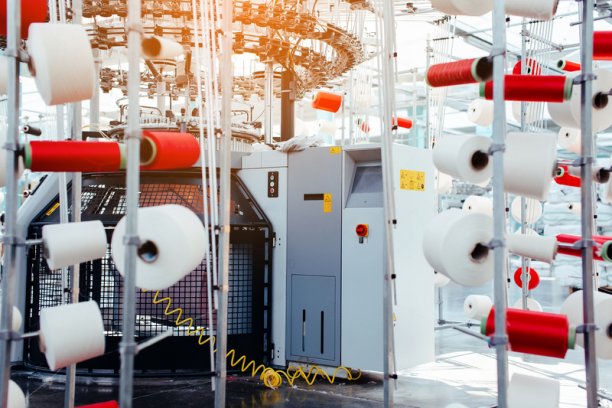In today’s world, sustainability has become more than just a buzzword; it has emerged as a vital aspect of every industry. Among the many areas where sustainability is crucial, supply chain planning stands out as a significant driver of positive change. The dynamics of sustainable supply chain planning are transforming the way businesses operate, promoting environmental responsibility, social equity, and economic growth. Let’s explore how this transformative approach shapes a greener and better tomorrow.
Efficiency with a Purpose:
Traditional supply chain planning often focuses solely on cost reduction and efficiency. While these aspects remain important, sustainable supply chain planning takes it further by integrating environmental and social factors. By minimizing waste, optimizing logistics, and reducing carbon emissions, companies can achieve both economic benefits and ecological preservation. This approach appeals to the conscience of environmentally conscious customers and improves overall operational efficiency.
Collaboration for Positive Change:
Effective, sustainable supply chain planning involves collaboration among various stakeholders, including suppliers, manufacturers, distributors, and customers. The impact can be significant when all parties work together towards common sustainability goals. Collaborative initiatives like sharing data, knowledge, and best practices promote transparency and foster innovation. By breaking down silos and embracing a collective approach, businesses can unlock new opportunities for growth while minimizing environmental harm.
Ethical Sourcing and Fair Trade:
Sustainable supply chain planning emphasizes ethical sourcing and fair trade practices. It encourages businesses to ensure that their suppliers adhere to social and labor standards, providing fair wages, safe working conditions, and equal opportunities. Companies protect human rights and enhance their brand reputation by promoting responsible sourcing. Customers increasingly expect companies to uphold ethical values, and embracing sustainability in the supply chain is a powerful way to earn their trust.
Resilience in the Face of Uncertainty:
Sustainable supply chain planning goes beyond short-term profitability and focuses on long-term resilience. By diversifying sourcing locations, businesses can reduce the risks associated with natural disasters, political instability, or supply chain disruptions. Additionally, incorporating circular economy principles, such as recycling and reusing materials, ensures a more resilient supply chain. This proactive approach allows companies to navigate uncertainties while staying true to their sustainability commitments.
Technology as an Enabler:
Innovative technologies play a pivotal role in sustainable supply chain planning. Manufacturer and exporter in knitwear use advanced analytics and machine learning to blockchain and the Internet of Things (IoT); these tools provide valuable insights, optimize processes, and enhance traceability. Real-time data enables better decision-making, reduces waste, and minimizes the environmental footprint. Embracing technology-driven solutions increases operational efficiency and contributes to achieving sustainability targets.
Conclusion:
Sustainable supply chain planning dynamics drive positive change in the business world. Companies can create a more resilient, efficient, and responsible supply chain by considering environmental, social, and economic factors. Collaboration among stakeholders, ethical sourcing, resilience in the face of uncertainty, and the strategic use of technology all contribute to a greener and better tomorrow.
The path to sustainability may be challenging, but it presents immense business opportunities to make a lasting impact. Embracing sustainable supply chain planning is not only the responsible thing to do; it is also a sound business strategy that helps attract environmentally conscious consumers, build brand reputation, and secure long-term success. Together, let us forge a sustainable future where economic growth and environmental stewardship go hand in hand.




